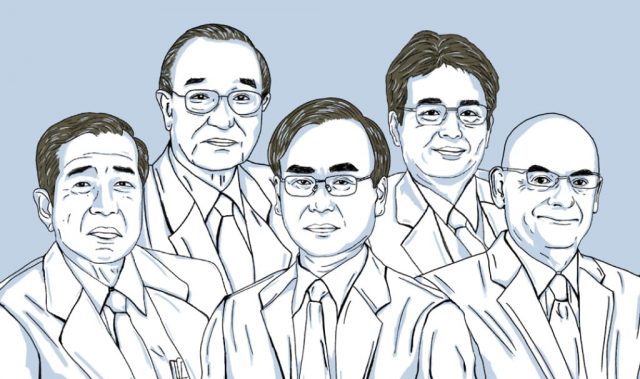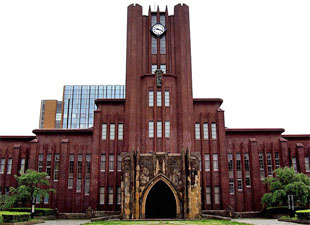
AsianScientist (May 18, 2012) – Singapore scientists have for the first time identified the molecular ‘switch’ that directly triggers the body’s first line of defense against pathogens.
The ‘switch’ that activates the body’s innate immunity was found to be a protein called Bruton’s tyrosine kinase (BTK), according to a new study from the Bioprocessing Technology Institute (BTI) published in the Proceedings of the National Academy of Sciences.
When BTK is turned on, it activates the production of interferons – a potent class of virus killers that enables the body to fight harmful pathogens such as the dengue and influenza viruses.
While there are anti-viral drugs to treat influenza, the high rates of mutation that are characteristic of the influenza virus have made it difficult to develop one universal drug or vaccine. As for dengue, there are currently no clinically approved vaccines or cures available.
The discovery of BTK’s role as a critical ‘switch’ that boosts the body’s anti-viral response may someday pave the way for the development of anti-viral drugs that target the BTK ‘switch.’
To investigate the role of BTK in innate immunity, the research team extracted a class of innate immune cells known as macrophages from both normal mice and from mice deficient in BTK.
When challenged with the dengue virus, the BTK-deficient macrophages were unable to produce interferons, and hence had much higher viral counts compared to healthy macrophages.
To further demonstrate the critical role of BTK in the anti-viral response, the team focused on BTK’s role in Toll-like Receptor 3 (TLR3) signaling. TLR3 is needed for cells to activate the interferon response when viruses infect cells.
When the BTK ‘switch’ was constitutively active or “on,” the production of interferons was enhanced, resulting in a stronger and more lasting anti-viral response with significant reduction in dengue viral counts.
In contrast, a perpetually “off” BTK ‘switch’ led to a poor anti-viral response with very low levels of inteferons produced, resulting in little protection against infection.
“We are very excited because this is the first time that the link between BTK and its critical role in the immediate anti-viral responses of the immune system, triggered in response to invading viruses like dengue, is definitively demonstrated,” said Dr. Koon-Guan Lee, the first author of this paper.
The article can be found at: Lee K-G et al. (2012) Bruton’s tyrosine kinase phosphorylates Toll-like receptor 3 to initiate antiviral response.
——
Source: A*STAR.
Disclaimer: This article does not necessarily reflect the views of AsianScientist or its staff.












